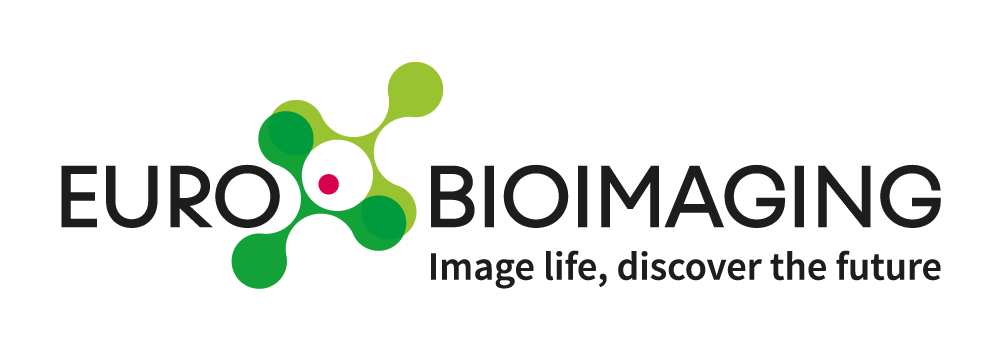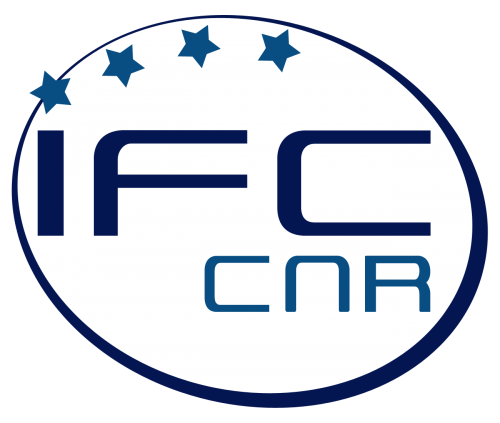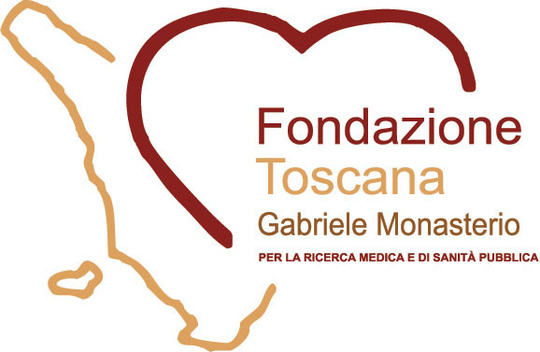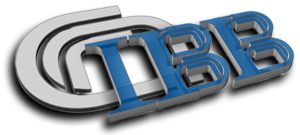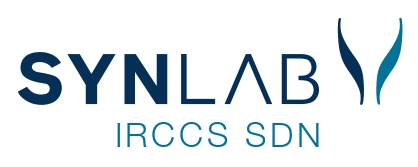Turin
The University of Torino is very experienced in the field of synthesis and physical-chemical characterisation of imaging probes. Since 1986, research activities have addressed the development of paramagnetic contrast agents for MRI (with projects in High Relaxivity, Blood Pool agents, Targeting and Responsive Probes).
The Center for Molecular Imaging (CIM) of the University of Torino covers all the supply chain from the synthesis and physico-chemical characterization of the imaging probe to the in-cellulo and in-vivo evaluation, including validation by histology, microscopy, FACS, etc. Although CIM carries out research activities using all the available imaging modalities, its internationally recognized specific field of competence deals with the design and testing of MRI probes. All the main classes of MRI agents have been synthetized at this site, including paramagnetic Gd3+ and Mn2+ complexes, CEST (Chemical Exchange Saturation Transfer) agents, nano-sized particles, hyperpolarized 13C and 15N molecules (by Para-Hydrogen Induced Polarization), optical imaging prove and solid-phase automated peptide synthesis. The site is well-equipped for the in vitro study of the interactions of the probes with the components of the biological environment as well as it is well skilled in all the most efficient cellular labelling procedures (pynocitosis, electroporation, osmotic shock, receptor mediated endocytosis). A large repository of targeting (e.g. to the main epitopes overexpressed on tumor cells) and responsive (to pH, temperature, enzymatic activity, redox properties, etc) probes is available for user access. The repository includes hybrid probes (PET/MRI, SPECT/MRI, OI/MRI). For nuclear medicine, the authorization for the use of the following radioisotopes: 18F, 68Ga, 149Tb, 64Cu, 123I, 44Sc, 152Tb, 166Ho, 177Lu, I131, 111In, 52Mn, 47Sc, 89Zr, 225Ac, will be available starting from 2025.
The main areas of reasearch activity are the following:
- Tumour detection, staging and monitoring of therapeutic treatments (Using xenographts, orthotopic and transgenic animal models);
- Cell therapy (pancreatic islets, stem cells, etc)
- Atherosclerotic plaques
- Imaging and therapy (theranostics, BNCT, US-stimulated release)
- Photodynamic therapy in vitro and in vivo
The repository of fluorescent probes is well furnished both with commercial agents and with systems synthetized in the UniTO chemistry laboratory.
The University of Torino is well equipped in terms of chemistry (synthesis and analytical characterisation), including instrumentation for physico-chemical characterization (MS, MR, UV-vis, IR, ICP-MS, HPLC etc.). Furthermore, the University of Torino has developed peculiar skills in the field of cycling relaxometry (4 relaxometers are installed).
The Imaging Laboratories consist of 3 MRI scanners (two 7T and one 1T), one optical scanners, a PET-SPECT-CT-OI scanner, and an ultrasound scanner. A para-hydrogen polarizer is also available for HP-MRI as well as a dedicated 1H/13C NMR low field spectrometer. A 3T clinical MRI scanner will be installed in 2025 and available for clinical research in healthy subjects.
Finally, the University of Torino is well equipped in terms of biology laboratories (cell cultures and animal models preparation, including transgenic animal models). In particular, the Dept. of Molecular Biotechnology and Health Sciences hosts a laboratory unit for the generation of transgenic mice which has been inspected and approved by the local and central authorities. The animal house (with a dedicated veterinary staff) can host up to 10.000 mice, including several types of immune-compromised mice and transgenic models for the major deseases. More than two hundred mice strains carrying mutations in specific genes have already been generated, by exploiting the specific know−how in molecular genetics, cell biology, physiopathology and microsurgery of the local staff and the state-of-the-art instrumentation available at the Department.
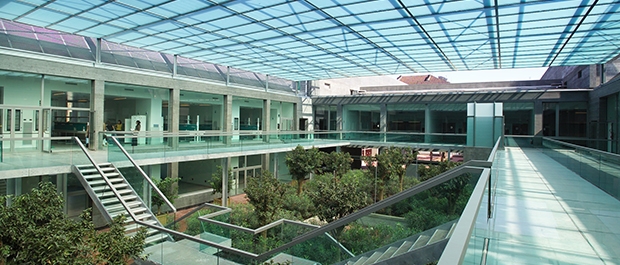
Visit also:
Molecular Biotechnology Center
Department of Molecular Biotechnology and Health Sciences


